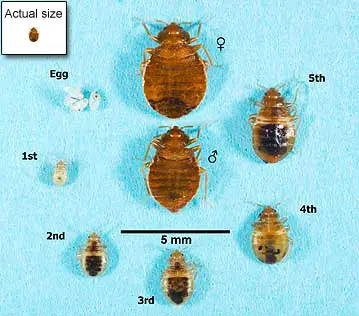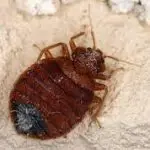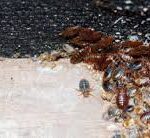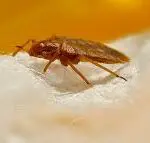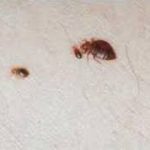Do Bed Bugs Give Diseases?
It is not known whether bed bugs transmit human diseases. There is some evidence to suggest that these bugs can carry some bacteria, although it is not clear if they are capable of transmitting any specific diseases. Bed bugs are hematophagous arthropods, which means that they feed on blood. Female bed bugs mate by traumatic insemination. This causes the female to be repeatedly exposed to pathogens and to stimulate her immune system. Although this reduces the lifespan of the female bed bug, it may also promote the natural selection of bedbugs with active immune systems.
Bedbugs usually feed by injecting a small amount of saliva into the host’s skin. This saliva may cause an allergic reaction if it irritates the skin. Bedbugs typically bite in rows and stop feeding only when they need to re-feed. Then they return to the host’s skin, about half an inch away, and bite again.
Bedbug bites can be painful and can cause severe allergies. In some cases, the itching can be so severe that it results in blisters and hives. If you develop a severe reaction, you should seek medical attention. Bedbugs can easily spread from room to room and can live on clothing, luggage, and boxes. The most common type of reaction is an itchy, red welt. People with a history of allergic reactions are at increased risk of an exaggerated bedbug bite reaction.
Some people have reported getting Chagas disease from bedbug bites. This disease is caused by a parasite called Trypanosoma cruzi. It can cause damage to the central nervous system and heart. It is difficult to detect a bedbug infestation unless it is accompanied by symptoms.
